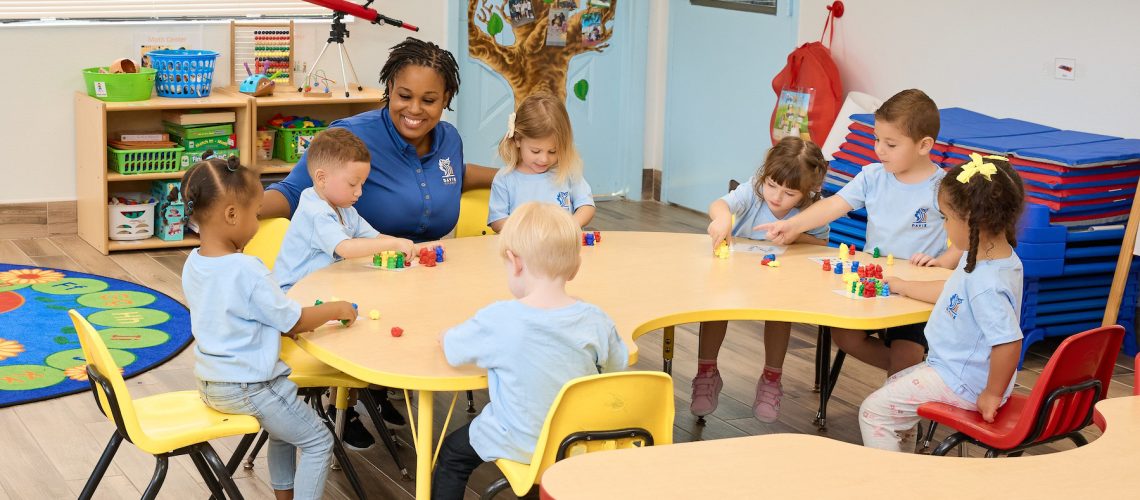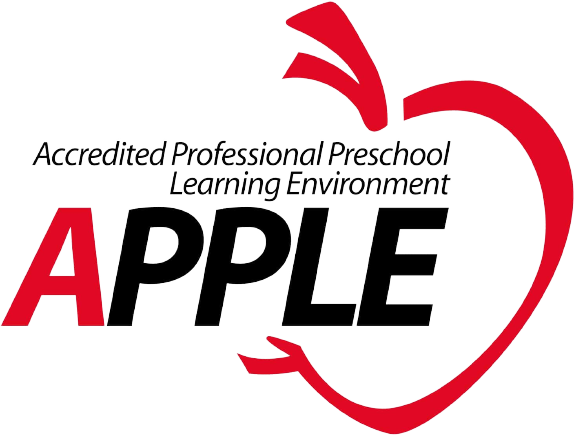From 6 to 36 Months: A Journey of Growth and Learning
As a mommy blogger, I know how important it is to stay informed about the key stages of your child’s development. That’s why I want to share some fascinating research findings from Davie Academy, a preschool system that focuses on nurturing sensory, physical, emotional, and cognitive development in children. Let’s dive into the exciting journey of your little one’s growth from 6 to 36 months!
6-9 months: Building Social Connections
During this phase, your baby’s brain is buzzing with increased activity related to social and emotional development. It’s the perfect time for parents and caregivers to engage in verbal interaction with their little ones. By increasing social interaction, you can help your baby develop important language skills and form strong bonds. Remember, those adorable tea parties with dolls and costumes? They’re more than just play—they stimulate language acquisition and teach real-life activities like cooking and cleaning.
9-12 months: Mastering Motor Skills
Between 9 and 12 months, your baby is on the move! They’ll be busy exploring their physical capabilities by pulling themselves up, rolling around, and crawling. These activities not only strengthen their motor skills but also boost their self-confidence. Did you know that the presence of myelin in the brain plays a role in mastering gross motor skills? Myelin helps their brain develop leg strength, enabling them to transition from crawling to walking.
12-15 months: Unleashing the Memory Power
At this stage, your little one’s hippocampus—the part of the brain responsible for memory—has developed enough to store and recall memories. Encourage your child’s memory growth by asking them about events that happened a few hours or even a day before. You’ll also notice their walking becoming less clumsy as their brain becomes more skilled at coordinating movements. Thicker layers of myelin in the brain contribute to the formation of words and sentences, boosting their language development.
15-18 months: Empathy and Concentration
Between 15 and 18 months, your child’s problem-solving skills start to shine. They’ll use their newfound physical, thinking, and language abilities to communicate, learn, and grow. Additionally, empathy begins to emerge as they develop self-awareness and understand human facial expressions. You’ll also witness an increase in their ability to concentrate, allowing for more extended playtime with toys.
18-21 months: Language Skills Taking Shape
Curiosity peaks during this period as your child becomes fascinated with how things work. They’ll use their language skills to understand and talk about sequences of events and patterns. Pay attention as they start combining words to form one to two-line sentences or even more elaborate phrases. You’ll be amazed at how they copy words and gestures, showcasing their observational skills.
21-24 months: Growing Neural Connections
By 2 years old, your child’s brain has an astounding 100 trillion neural connections or synapses. Synaptic proliferation strengthens the learning process, leading to increased motor development, language acquisition, and emerging self-awareness. Their vocabulary will explode, quadrupling the number of words they know by their second birthday.
24-27 months: Fine Motor Skills and Whining Woes
At 24 to 27 months, your child hones their fine motor skills through activities like lacing, tracing, and building blocks. However, be prepared for one of the most challenging behaviors at this stage—whining. It’s a common occurrence as toddlers explore their newfound independence and navigate the world around them.
27-30 months: Breathing New Life into Development
Between 27 and 30 months, your toddler experiences an increase in blood pressure and maturation of their immune system. Their brain also reaches 80% to 90% of its adult size, setting the stage for enhanced learning and development. You’ll notice an increase in their breathing pace, both while sleeping and awake. Long-term memory begins to take shape, and your child can recall events from earlier in the day or even the day before.
30-33 months: Conditioning and Self-Control
Toddlers aged 30 to 33 months start responding to situations through classic conditioning (learning by association) and operant conditioning (learning by effect). Self-control continues to grow, with studies suggesting that it may vary based on gender and temperament. Boys and girls may display different levels of self-control, influenced by their unique personalities.
33-36 months: Imaginative Play and Speech Development
At 3 years old, your child’s imagination and complex speech come to life. Encourage their growth by engaging in logical puzzles, reading books, and fostering imaginary play with costumes and dolls. You’ll notice their cognitive skills rapidly developing as they compare sizes, use descriptive words, and express themselves more clearly. By now, 75% of their speech should be easily understood by others.
Davie Academy’s Preschool System: Nurturing Every Aspect of Your Child’s Development
The DAVIE ACADEMY Preschool System provides a comprehensive approach to early childhood care. With a focus on sensory, physical, emotional, and cognitive development, caregivers and teachers at Davie Academy are dedicated to nurturing your child’s growth. From language acquisition to motor skills, they provide a supportive environment for your little one’s developmental milestones.
References:
O’Brien, M. (1996). Child-rearing difficulties reported by parents of infants and toddlers. Journal of Pediatric Psychology, 21(3), 433-446.
Kochanska, G., Murray, K. T., & Harlan, E. T. (2000, Mar). Effortful control in early childhood: Continuity and change, antecedents, and implications for social development. Developmental Psychology, 36(2), 220-232.
Kochanska, G., & Knaack, A. (2003, Dec). Effortful control as a personality characteristic of young children: Antecedents, correlates, and consequences. Journal of Personality, 71(6), 1087-1112.



